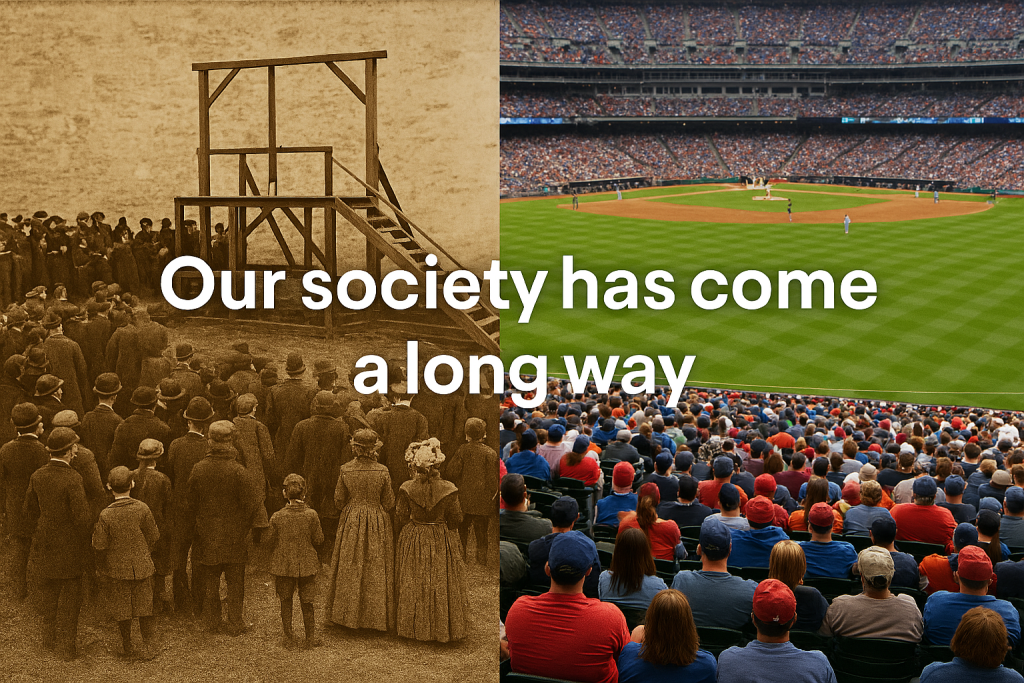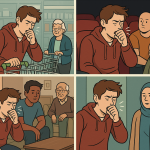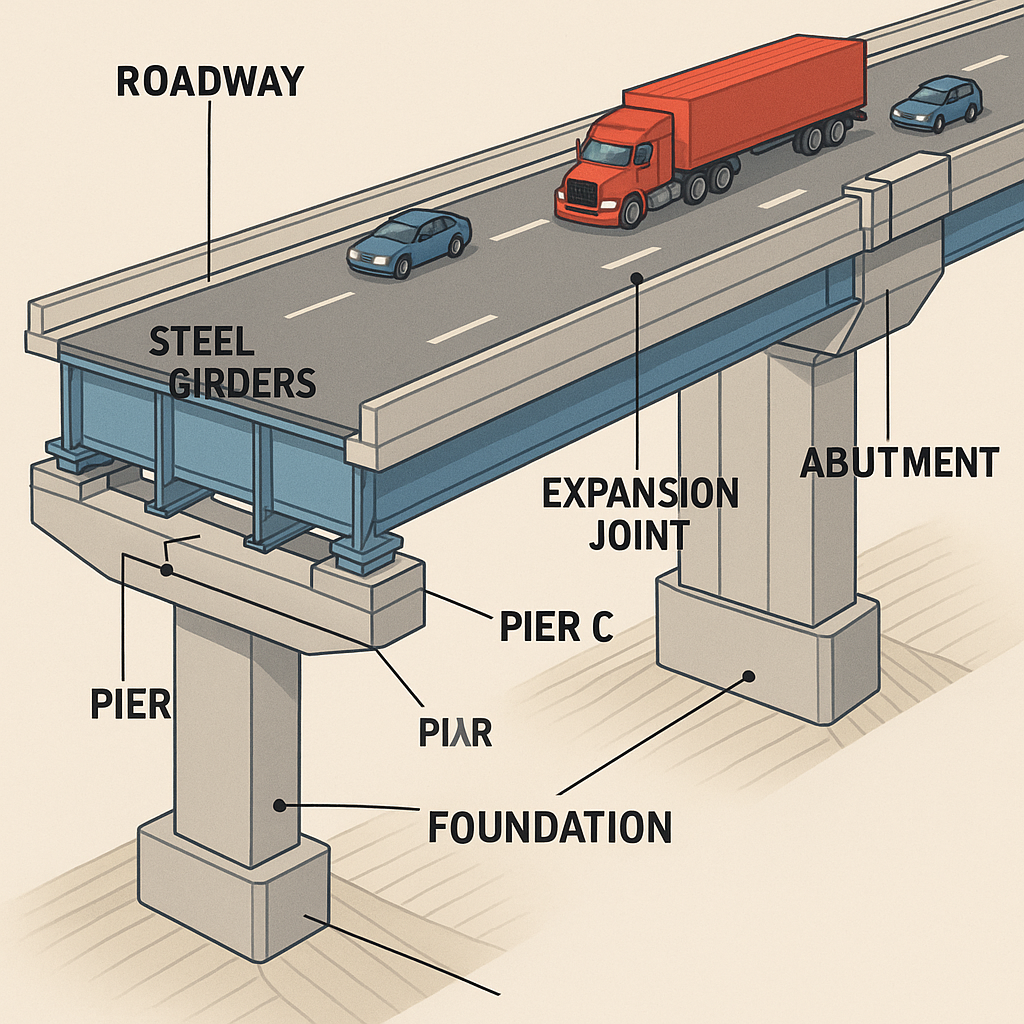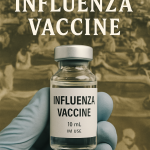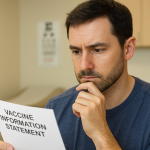(And That Wasn’t Even the Worst Part of the Past)
It’s easy to feel like the world is falling apart. Turn on the news, scroll through social media, or just eavesdrop at the grocery store — and you’ll hear it: “Things used to be better.”
But here’s the truth:
We are living in the safest, healthiest, most humane era in human history.
And no, that’s not opinion. That’s data.
In 1850, the average life expectancy in the U.S. was just 38 years.
In medieval Europe, the murder rate was 50 times higher than it is today.
Slavery was legal. Torture was public. Women had no rights.
Children worked in mines. People died from infected blisters.
And if you’d made it to age 40, you were beating the odds.
So when people talk about “the good old days,” it’s worth asking:
Good for whom?
Modern Progress Is Real — and Radical
We don’t feel how far we’ve come because progress doesn’t shout.
It hums. Quietly. Persistently. Powerfully.
Some examples we take for granted:
- You can drink water without dying of cholera.
- You’re unlikely to be stabbed in a tavern brawl.
- You can read, and so can your children.
- You don’t live under constant threat of war, plague, or famine.
- You won’t be tortured for criticizing your government.
- You won’t die from a tooth infection.
This is not the natural state of the world. It’s the result of centuries of struggle, reform, learning, and cooperation.
📌 5 Awful Things About the Past We’ve Forgotten
1. Childbirth Was a Leading Cause of Death for Women
Before modern medicine, giving birth was incredibly dangerous. In the early 1900s, 1 in 100 mothers died.
2. Dueling Was a Common Way to Resolve Disputes
Well into the 1800s, it was legal — even honorable — to kill someone over an insult.
3. Public Executions Were Family Entertainment
Crowds gathered to watch people hanged, burned, or beheaded — often with children in tow.
4. Tooth Infections Could Kill You
No antibiotics meant a bad tooth could lead to sepsis and death. Dentistry was brutal and unsanitary.
5. Children Died by the Millions
In 1800, 43% of children died before age 5. Today, that number is under 4% globally — and under 0.5% in high-income countries.
We Got Here Because of Institutions, Empathy, and Reason
Institutions replaced revenge with justice.
In the past, violence was personal. Honor was defended with fists or swords. Vengeance was a moral duty. Over time, strong states, courts, and law enforcement systems emerged to stop the cycle of retaliation and offer justice in its place.
The civilizing process made cruelty unacceptable.
Public executions used to be family entertainment. Now we shudder at cruelty on TV. Cultural norms evolved to reward self-control, manners, and empathy over dominance and brutality.
Our moral circle expanded.
Where once people only cared about family or tribe, we now recognize the rights of women, children, minorities, disabled people, animals, even future generations. That expansion came through literacy, media, and education — which helped people imagine the lives of others. This is not to say, of course, that our society is perfect. Our moral circle still has growing to do. But is vastly better than it used to be.
Reason replaced superstition.
We began testing beliefs instead of blindly accepting them. The Enlightenment idea that knowledge should be based on evidence gave birth to science, democracy, and public health. It also gave us the tools to cure diseases, govern fairly, and protect human rights.
Modern Medicine Is Just One Chapter in a Bigger Story
The rise of modern medicine is one of the clearest examples of this larger human trajectory.
For most of history, medicine was worse than doing nothing. Bloodletting. Drilling skulls. Mercury tonics. Doctors didn’t wash their hands because no one believed in germs. Women routinely died in childbirth. Children died from infections we now prevent with a single shot.
Today?
- Vaccines have eradicated smallpox and nearly wiped out polio.
- Surgery can save lives rather than endanger them.
- Antibiotics have made previously lethal infections treatable.
- Childbirth is no longer the leading cause of death for women.
- You can survive cancer, a heart attack, or a genetic disorder — and go on living.
Medicine isn’t perfect. But it’s part of the same trajectory:
A shift from chaos to coordination. From suffering to survival.
Why This Matters Right Now
When we glorify the past, we distort our understanding of the present.
We become easier to mislead.
We fall for fear-based narratives.
We stop trusting the very systems — science, public health, democratic institutions — that lifted us out of misery in the first place.
That’s how misinformation spreads: by telling us the world is broken, and only they can fix it. That the experts failed. That truth is rigged. That science is a scam.
But the truth is this:
We built the modern world through relentless, imperfect, beautiful progress.
And if we forget how bad it used to be, we risk letting it all unravel.
Why Public Health Deserves Our Trust
We didn’t get here by accident. We got here because generations of scientists, doctors, nurses, engineers, and public health leaders fought — often quietly — to keep us safe. They built clean water systems. Tracked disease outbreaks. Developed vaccines. Taught hygiene. Treated the sick. Educated the public.
Public health is the quiet scaffolding of modern life.
And the more invisible its successes become, the easier they are to forget — or dismiss.
But here’s the truth:
The very fact that we live in a world where our children survive, our water is clean, and our lives are long… is proof that public health works.
And when we lose faith in it, we risk tearing down the very system that made our modern world possible.
Tell the Real Story
No, the past wasn’t better.
It was bloodier. Sicker. Meaner.
It silenced women. Enslaved people. Let children die.
It turned pain into spectacle and ignorance into policy.
We don’t need to pretend today’s world is perfect. Indeed, we are at a real risk of backsliding and undoing some of the great progress we’ve made. Indeed, civics and reading scores have been declining in the United States since 2010. But we do need to stop pretending that the past was perfect.
Because this — the world we live in now (or very recently!) — with vaccines, rights, safety, empathy, and opportunity — this is the best it’s ever been.
Let’s keep building it. Let’s protect it.
Let’s tell that story.
If this article sparked something for you, we owe much of the inspiration to psychologist and author Steven Pinker. His book The Better Angels of Our Nature lays out a deeply researched case that violence, cruelty, and suffering have all declined over time — and that this progress is real, measurable, and worth protecting. If you want to go deeper, we highly recommend reading the book or checking out his lectures online.
“The past is a foreign country: they do things differently there. But it’s worse than that. It’s a shockingly violent, cruel, and ignorant country, and we should be very glad we don’t live there.”
— Steven Pinker, The Better Angels of Our Nature
Last Updated on July 7, 2025

